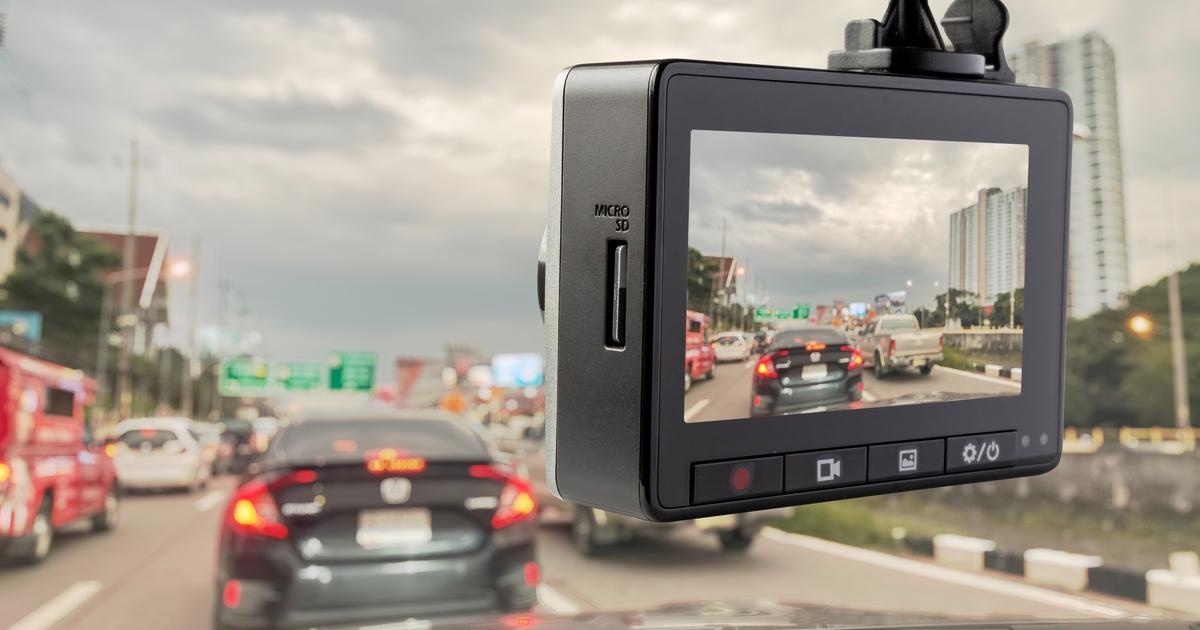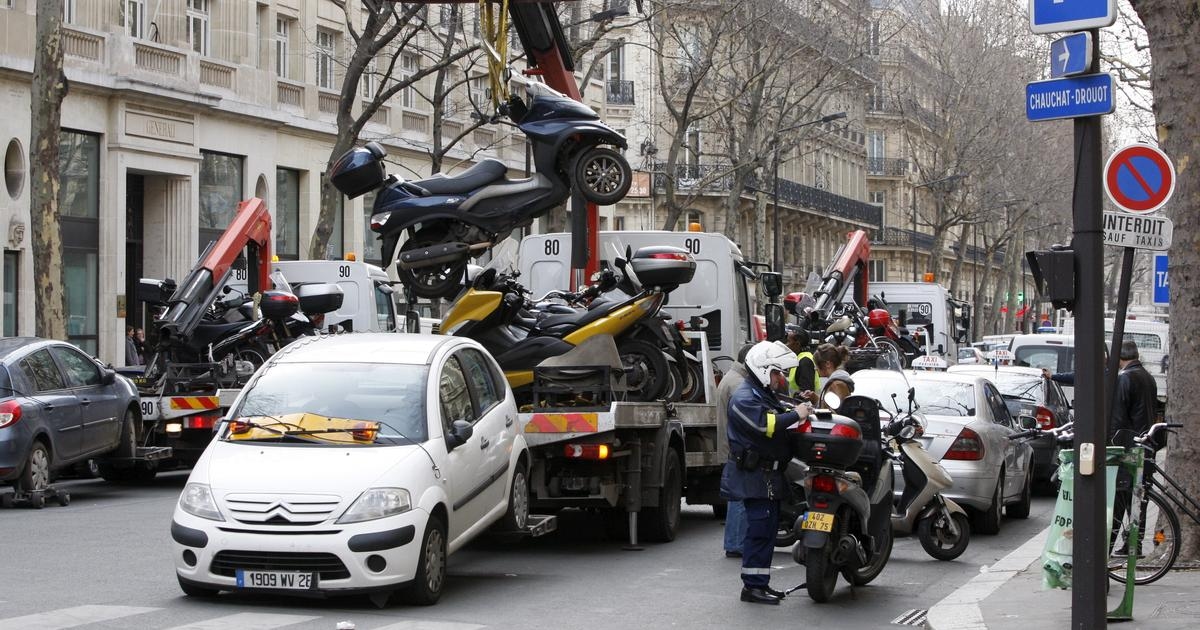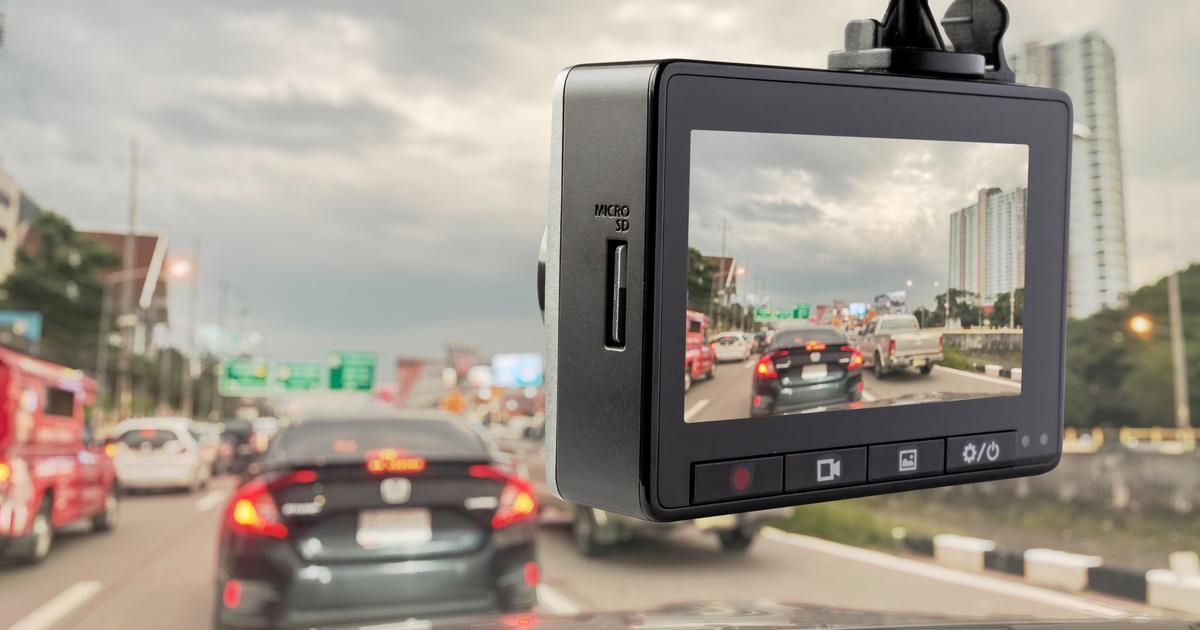Car cameras: posting images on social media can cost you dearly

Following the case of the motorcyclist hit by a police car on the A4, filmed by a dashcam , the legal uncertainty surrounding these on-board cameras has resurfaced. While the GDPR and the Criminal Code apply in theory, their practical implementation remains complex.
Since mid-October, a video filmed by a dashcam , a camera embedded in cars, has been setting social media ablaze. It shows a motorcyclist, Hugo, 37, riding on the A4 motorway outside Paris, being hit by a police car equipped with its flashing lights. This footage is now at the center of an investigation for intentional violence entrusted to the IGPN, after the motorcyclist filed a complaint for attempted murder by a person in a position of public authority.
Beyond the case itself, the issue of dashcam use—particularly to provide evidence in traffic disputes—has been thrust into the public eye. In France, no law explicitly regulates these on-board cameras, even though their popularity is growing among motorists and, especially, insurers.
Skip the adHowever, it's a bit technical; two major pieces of legislation apply: the famous GDPR and the right to image. The Court of Justice of the European Union ruled on this issue in 2014: as soon as a camera films, even partially, a public space, it cannot be considered as an exclusively personal or domestic activity.
In other words, the user must comply with the legal obligations related to the collection, storage, and dissemination of images: inform the persons concerned, limit the retention period, not disseminate publicly without anonymization, and justify the necessity of processing. Article 226-1 of the Penal Code also appears to apply: disseminating a person's image without their consent constitutes an invasion of privacy. The penalties are severe: one year of imprisonment and a fine of €45,000.
And these texts apply as soon as you publish videos on social networks (Facebook, YouTube, Instagram, TikTok) showing identifiable people or unblurred license plates.
But all of this remains rather vague. In a post on the blog "Village de la justice" , personal data lawyer Charlotte Galichet asks the question. Motorists equipped with dashcams must theoretically inform the people concerned of the existence of the device, the identity of the data controller, the purposes of the processing, and the data retention period. How then can such information be communicated to people filmed on the road? Would a sticker affixed to the car be enough? Would a QR code be required? "All these questions must be decided by the legislator," she concludes.
lefigaro





